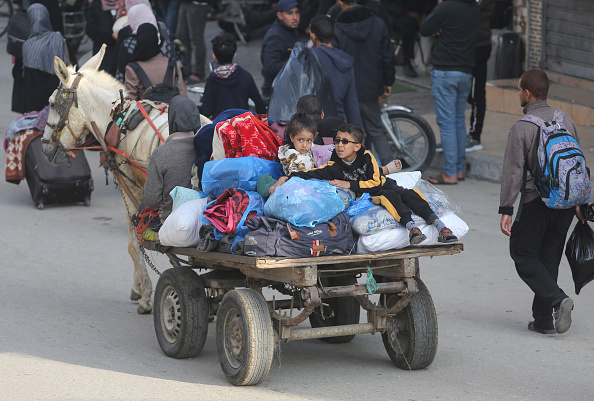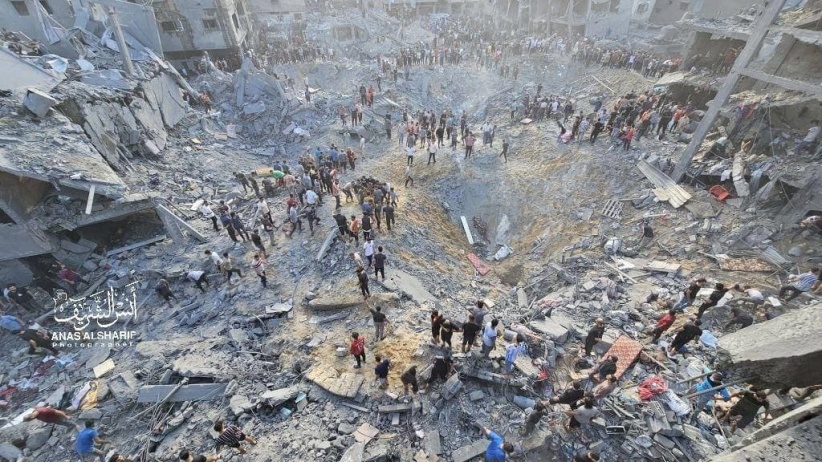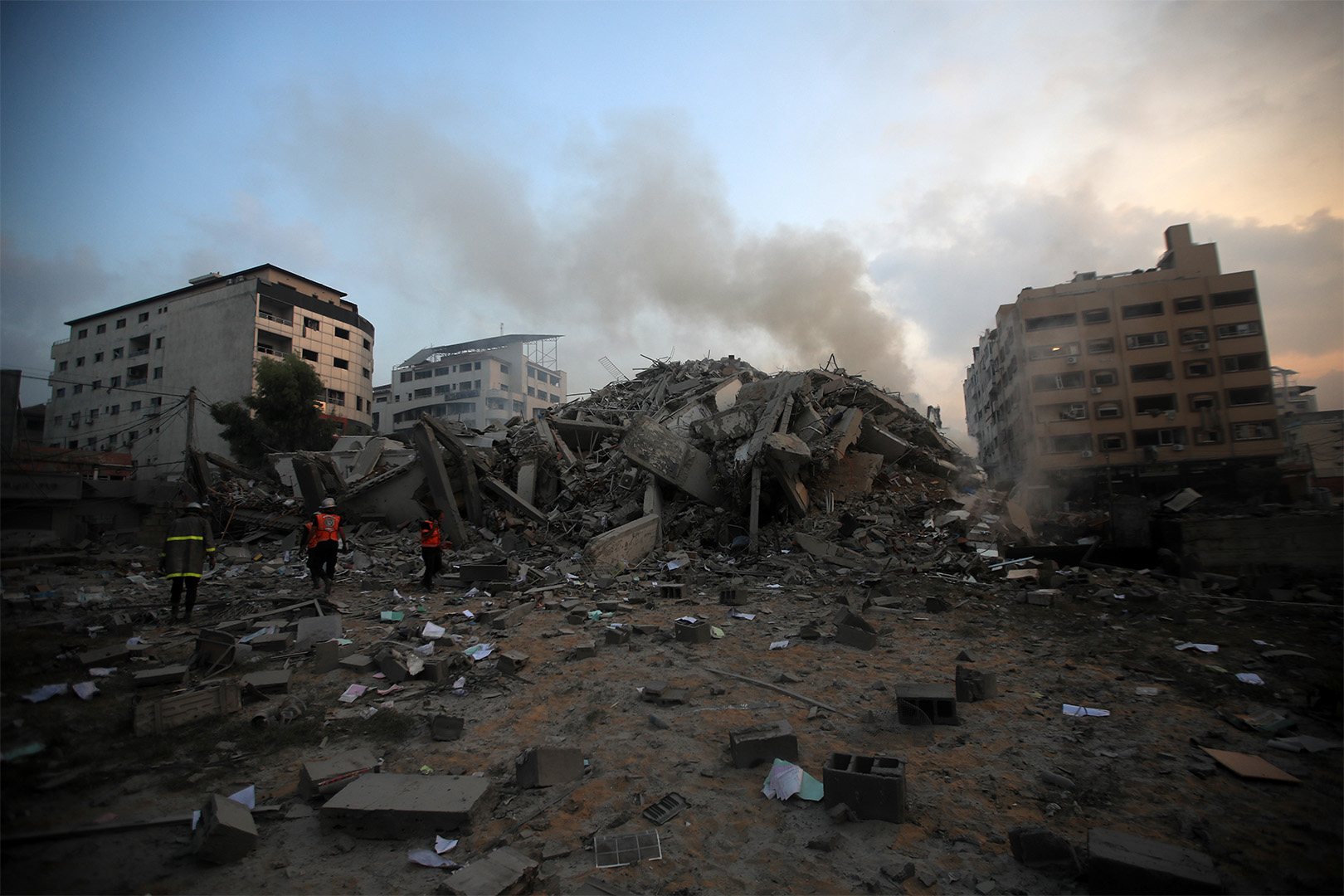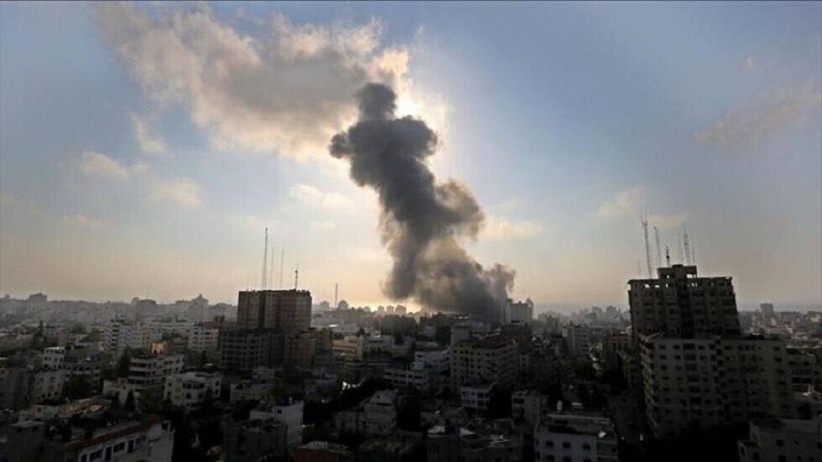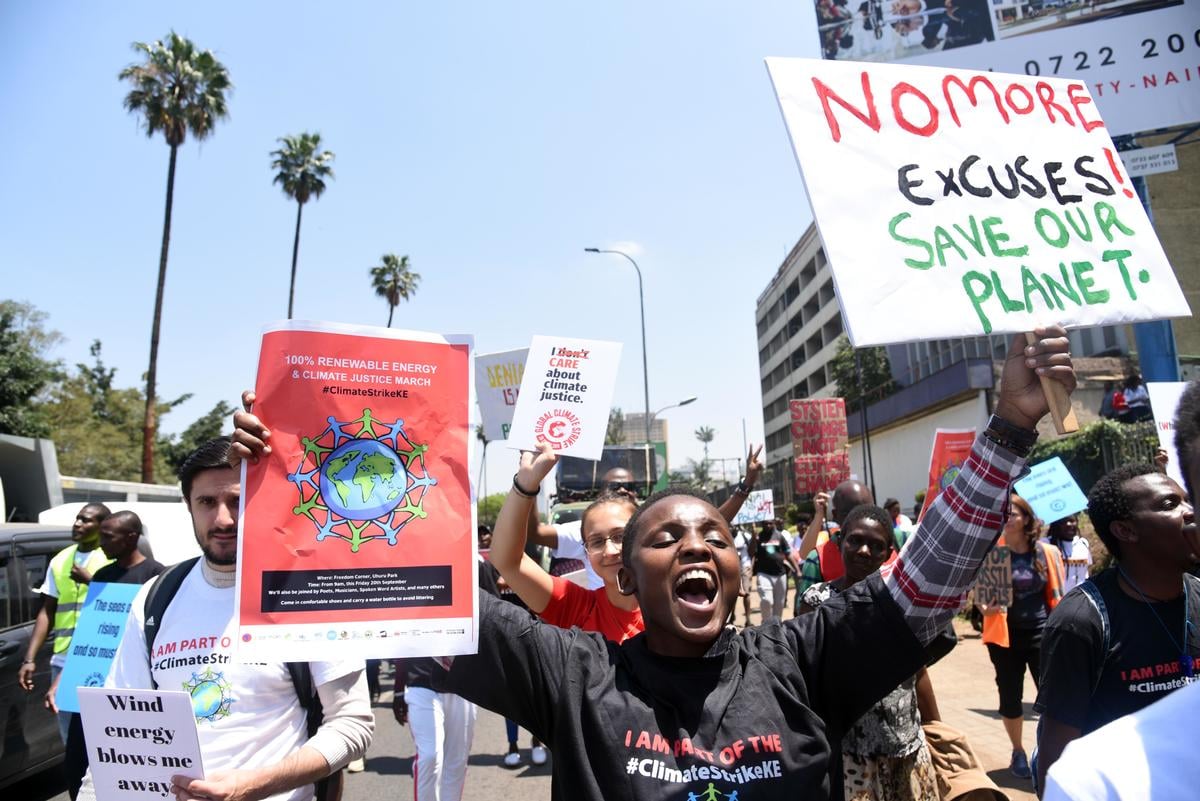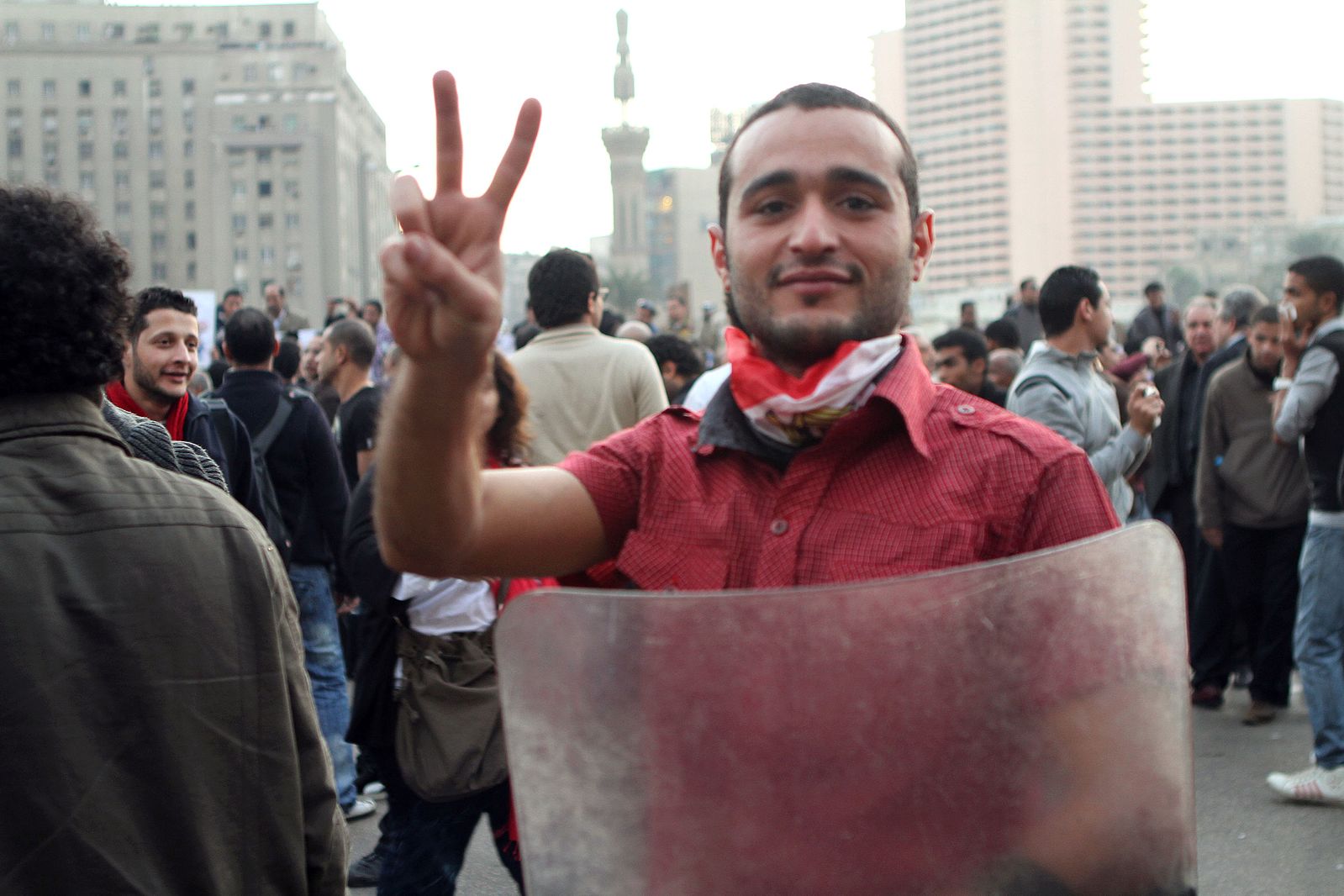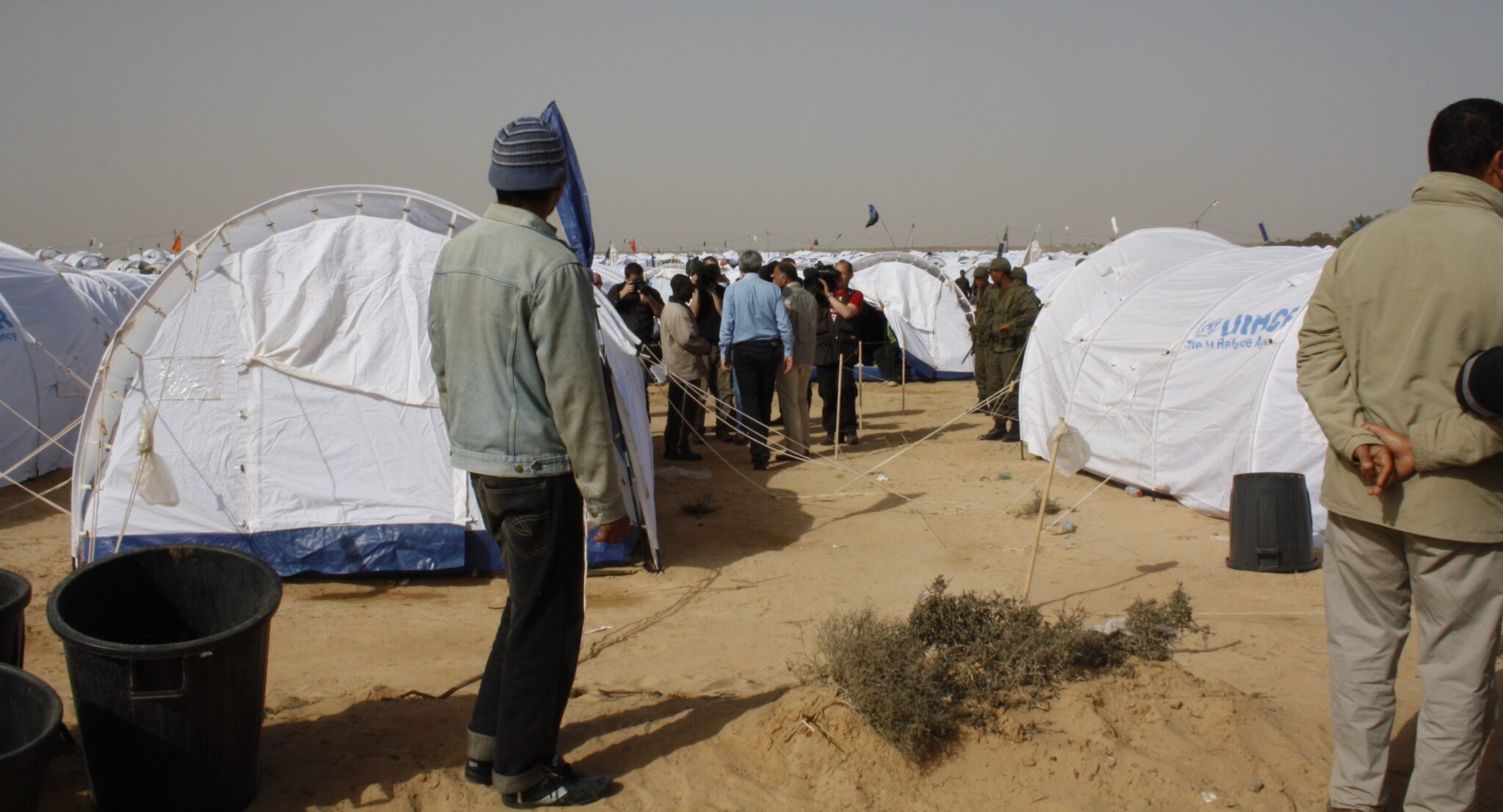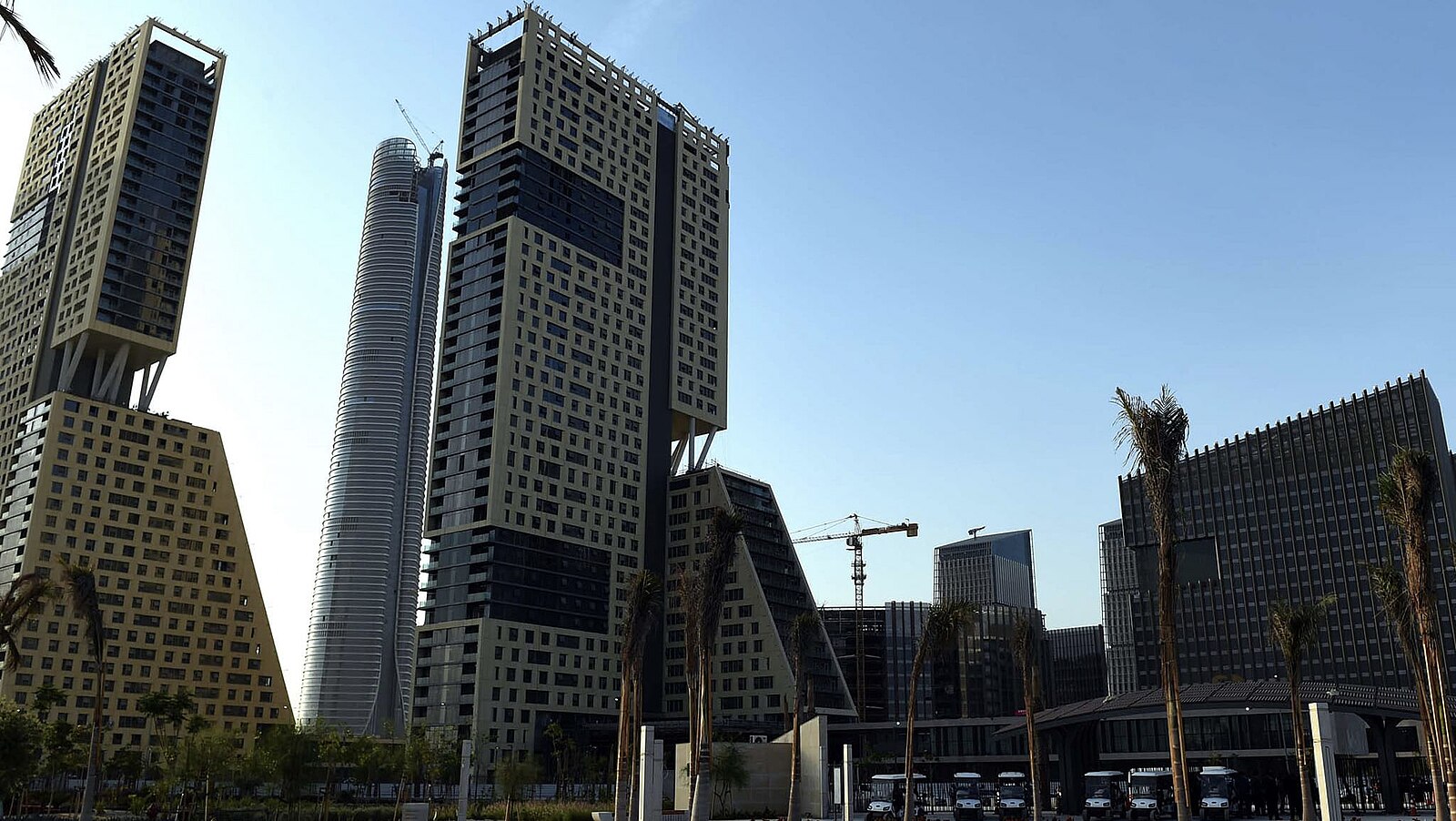
Egypt: hold on presidency consolidated amid repression
President Abdel-Fattah el-Sisi of Egypt was sworn in for a third term after being re-elected in a December vote in which he faced no serious challengers. El-Sissi won 89.6% of the vote, running against three virtually unknown opponents. First elected in 2014 (after coming to power in the previous year’s coup d’etat), then re-elected in 2018, el-Sisi was allowed a third term under constitutional amendments passed in a 2019 referendum. In addition to allowing a third run, the reform also extended his terms from four to six years. Another such reform allowing him to stay in office beyond 2030 has been broached. The election took place in an atmosphere of repression, with opposition candidates barred from running and even prosecuted. Hundreds of protesters and regime critics were arrested in the lead-up to the vote. (Photo: Abdelrhman 1990 via Wikimedia Commons)





